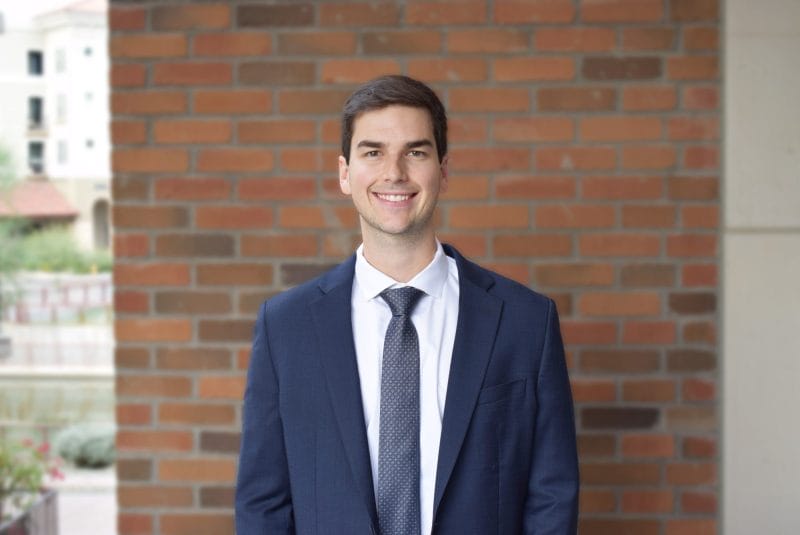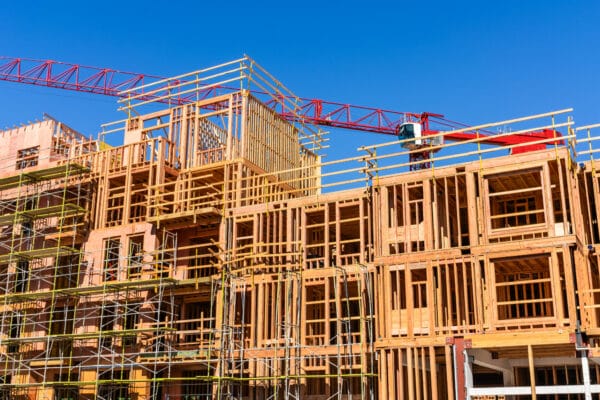
By Mike Sunnucks | Rose Law Group Reporter
COVID-19 has turned the world upside down and could drive some short and long-term changes in real estate and workplaces.
Suburban office parks could become preferred over hip downtown locations because of social distancing and concerns about continued and future COVID outbreaks.
Struggling malls could close and be redeveloped faster with COVID-19 hastening the demise of department stores and other retailers.
E-commerce logistics operations could continue to rise and more companies could flee California and its higher-costs and more aggressive Coronavirus closure orders.
Joe Blackbourn, founder and president of Scottsdale-based real estate firm Everest Holdings, said COVID-19’s impacts such as social distancing and worries about future outbreaks could make suburban office parks more desirable.
That would be a sea change from the trend of companies wanting to locate in downtown areas and submarkets with transit options and walkable amenities such as restaurants, bars, and coffee shops.
“We wonder if urban to suburban will be a trend,” Blackbourn said during a virtual forum hosted by Belfiore Real Estate Consulting.
He said office tenants may be looking for more spread out space for workers to ensure social distancing. Suburban office parks might offer that better than space in more dense and urban submarkets.
Suburban areas, especially those off freeway, can offer more space with less expensive rents in potentially more private and secured areas.
That could benefit markets such as Phoenix which is more spread out and less dense than other big U.S. markets.
“People can get some distance,” he said
Blackbourn is also seeing as many one-third of office tenants requesting rent relief from landlords. He expects to see large increases in available sublease space as tenants reduce operational footprints.
Blackbourn said COVID-19 is quickening the demise of already struggling retailers and that make for faster redevelopments and adaptive reuse of shopping malls.
Blackbourn said department stores’ real estate holdings and lease deals at shopping centers have slowed some efforts to redevelop struggling malls. The dynamic could change with more retailers and department stores closing locations permanently and filing for bankruptcy protections.
“It may become easier to unravel those deals,” said Blackbourn during the virtual forum hosted by Jim Belfiore at Rose Law Group’s offices.
Blackbourn said Amazon.com continues to add to its real estate nationally and in Arizona and that data centers and industrial spaces have more positive outlooks than other segments hit hard by COVID-19.
“Amazon is doubling its space nationally and locally,” said Blackbourn. Amazon has leased new office space in Tempe and has fulfilment centers in Goodyear and Phoenix.
There could also be increased demand for more last-mile distribution centers with e-commerce increasing even more due to COVD-19 and its closures.
Blackbourn said the West Valley could benefit as more companies and jobs move out of California. California, especially Los Angeles and the San Francisco Bay Area, have imposed lengthy and more aggressive business closure and shelter in place COVID-19 orders.
That has irked the likes of Tesla Motors CEO Elon Musk who is looking to move the company’s headquarters and production operations out of California to a more business friendly state such as Texas, Oklahoma, or Nevada.
Blackbourn sees the West Valley picking up more logistics and warehouse operations to allow companies to serve Southern California without locating there.








